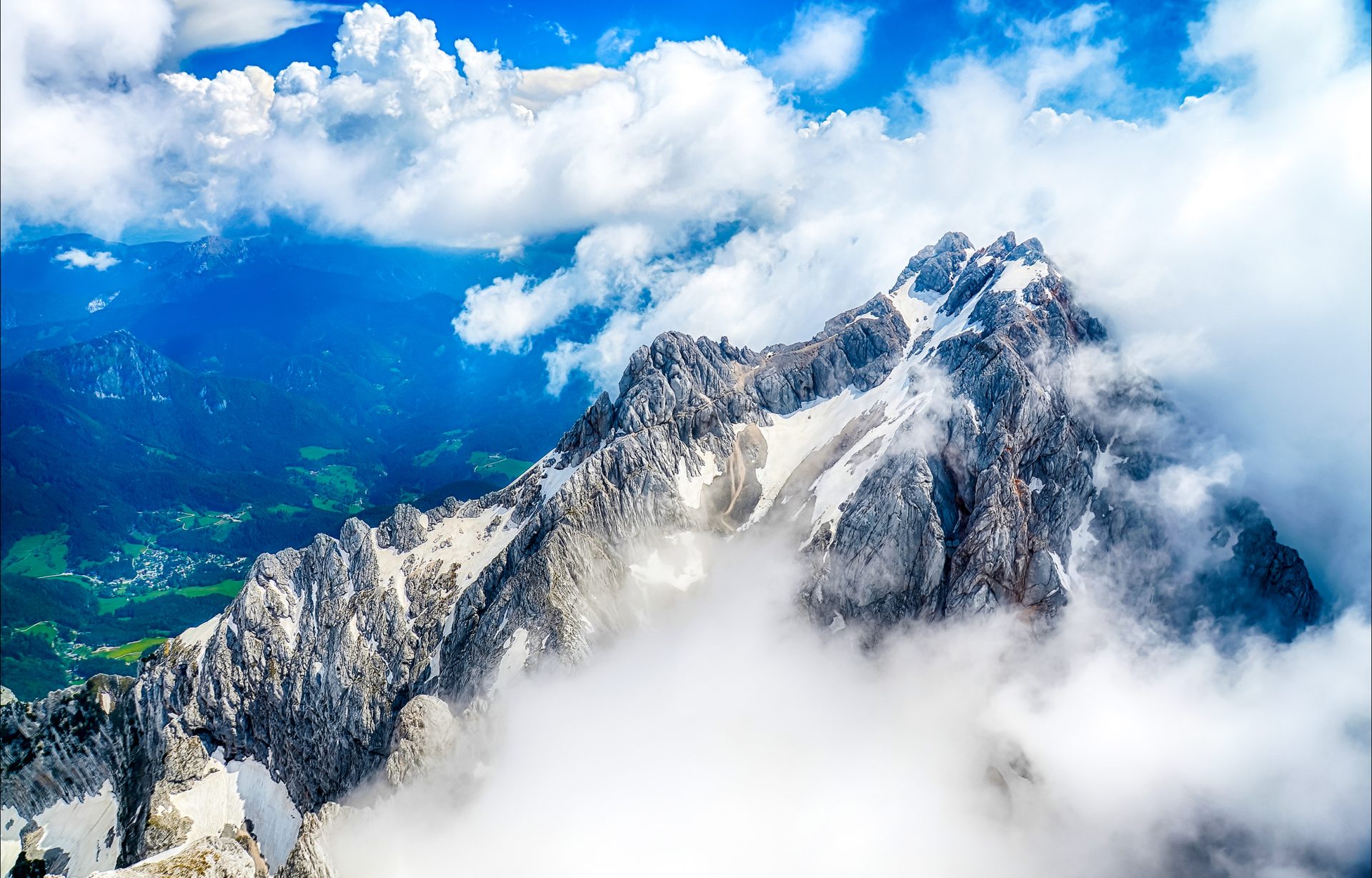Mountains have always been a source of inspiration and awe for humankind. They are a testament to the majesty and grandeur of nature, reminding us of our place in the world. Photographers have long been captivated by the beauty of mountains, and have sought to capture their essence through the lens of a camera. In this blog post, we will explore the art of mountain photography, and how it can capture the majesty of mountains.
The first step in capturing the majesty of mountains is to choose the right location.
Mountains are diverse and can vary greatly in their appearance, so it is important to find a location that offers a stunning view. The location should also be accessible, safe, and legal to photograph. Some popular locations for mountain photography include national parks, mountain ranges, and scenic overlooks.
 Once you have found the perfect location, the next step is to plan your shot.
Once you have found the perfect location, the next step is to plan your shot.
This involves considering the time of day, weather conditions, and the position of the sun. These factors can greatly impact the final image, so it is important to be mindful of them when planning your shot. For example, shooting during golden hour, which is the hour before sunset or after sunrise, can create a warm, golden light that enhances the beauty of the mountains.
When taking the photograph, it is important to use a tripod and to pay attention to the composition.
Composition is the arrangement of elements in a photograph, such as the foreground, middle ground, and background. A good composition can draw the viewer’s eye to the beauty of the mountains, and create a sense of depth and perspective. Additionally, using a tripod can help to stabilize the camera and create a sharper image.
 After taking the photograph, it is important to edit the image to enhance its beauty.
After taking the photograph, it is important to edit the image to enhance its beauty.
This can involve adjusting the exposure, contrast, and saturation, as well as cropping and straightening the image. However, it is important to use editing techniques in moderation, as over-editing can lead to an unnatural or fake-looking image.
Mountain photography can also involve capturing the landscape and wildlife surrounding the mountains. This can add context and depth to the image, and showcase the beauty of the natural world. For example, photographing a mountain lake or a herd of mountain goats can create a sense of wonder and awe.
In addition to capturing the majesty of mountains through photography, it is important to be mindful of the impact that our actions can have on the environment.
Mountains are fragile ecosystems that can be easily damaged by human activity, such as littering, hiking off-trail, and driving off-road. Therefore, it is important to practice Leave No Trace principles, which involve leaving the environment as you found it, and minimizing your impact on the ecosystem.
 In conclusion, mountain photography is a powerful way to capture the beauty and majesty of mountains.
In conclusion, mountain photography is a powerful way to capture the beauty and majesty of mountains.
It requires careful planning, attention to detail, and a passion for nature. By choosing the right location, planning your shot, paying attention to composition, editing the image, and being mindful of the environment, you can create stunning images that inspire and awe. So next time you find yourself in the presence of mountains, take a moment to capture their beauty through the lens of a camera.
Install MyStart Theme for Google Chrome










